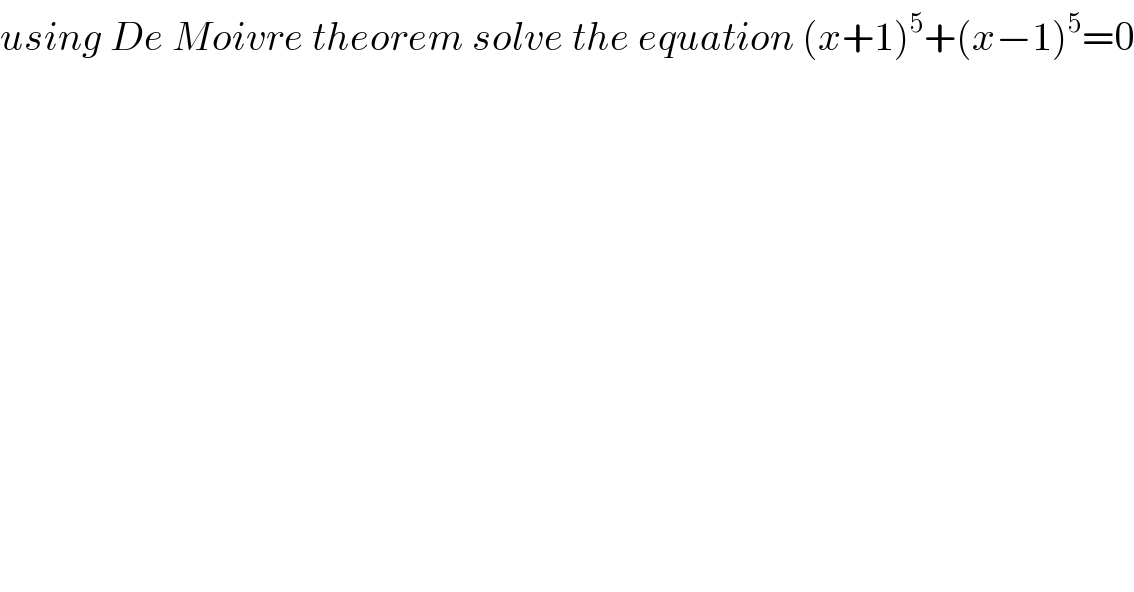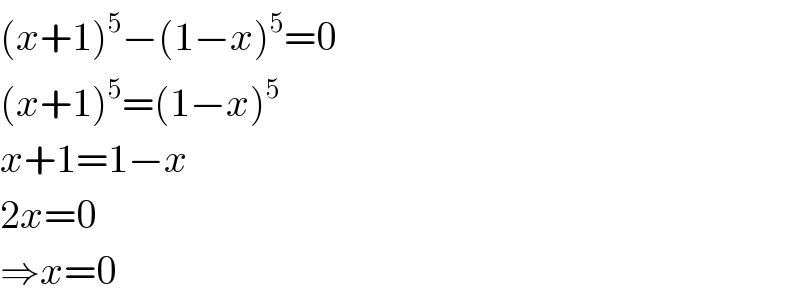
Question and Answers Forum
Question Number 13005 by 1630321995 last updated on 10/May/17

Answered by mrW1 last updated on 10/May/17

| ||
Question and Answers Forum | ||
Question Number 13005 by 1630321995 last updated on 10/May/17 | ||
 | ||
Answered by mrW1 last updated on 10/May/17 | ||
 | ||
| ||